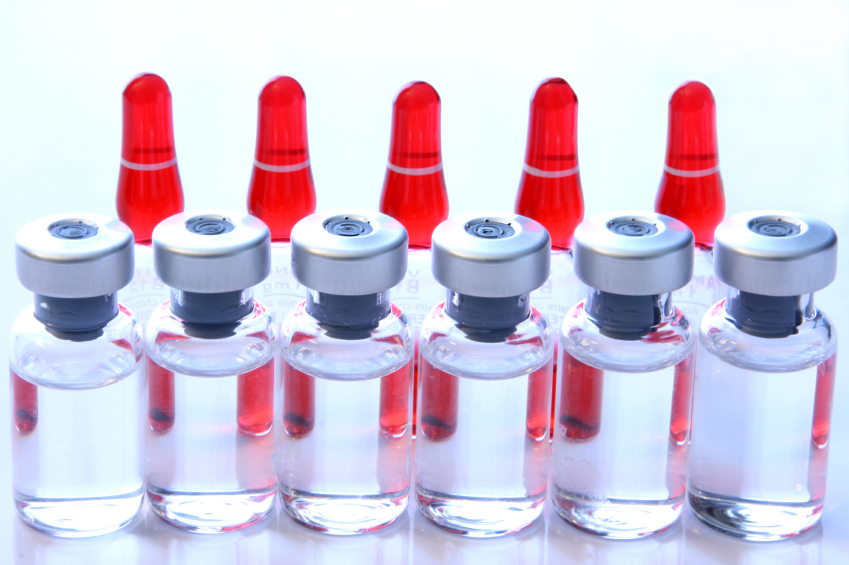CD Laboratory for Innovative Immunotherapy

Special antibodies for the treatment of skin cancer and brain tumours are the focus of research work. New methods for the production and purification of so-called bispecific antibodies are being developed, as well as optimised animal models for testing these antibodies.
Antibodies are cells of the immune system that can recognise and bind specific cell structures. The complex proteins consist of several parts with different positions. Research is being carried out on fragments of these antibodies whose reduced functionality makes them suitable for special applications. These antibody fragments, known as scFv antibodies, are produced by genetic engineering in such a way that they combine the binding properties of two different antibodies (so-called bispecific antibody fragments). As the production of high-quality antibody fragments is inefficient in conventional systems, research is also being conducted into new production systems. For this purpose, farm animals are being bred that are designed to produce these antibody fragments. These farm animals, known as transgenic animals, are genetically engineered with the corresponding genes for the antibody fragments and can subsequently produce them.
In particular, antibody fragments are being developed that are effective against melanomas and gliomas (brain tumours). One focus of the research is to find new methods for isolating and purifying the antibody fragments.
An important part of the research is also the development of animal models for human melanoma and human glioma. For this purpose, mouse strains without an immune system (SCID mice) are provided with corresponding human tumour cells. These strains, known as humanised mouse models, will subsequently provide valuable services for testing the antibody fragments. They will provide a first efficient animal model for the evaluation of therapeutic applications against melanoma and glioma and replace the less meaningful tests on non-human primates.

Christian Doppler Forschungsgesellschaft
Boltzmanngasse 20/1/3 | 1090 Wien | Tel: +43 1 5042205 | Fax: +43 1 5042205-20 | office@cdg.ac.at

